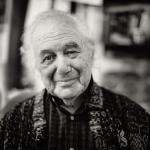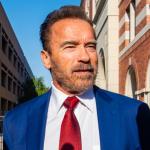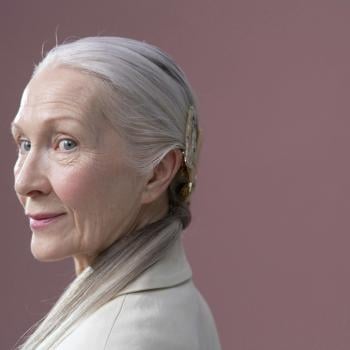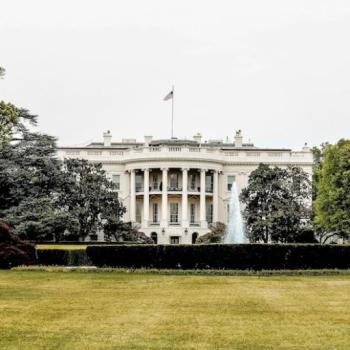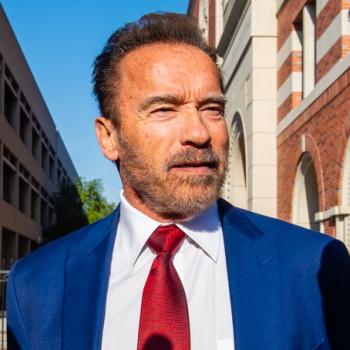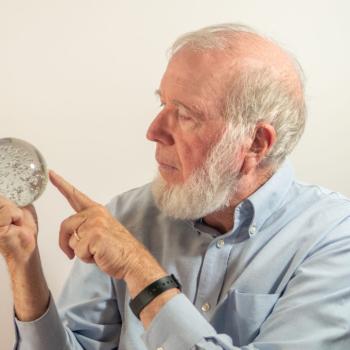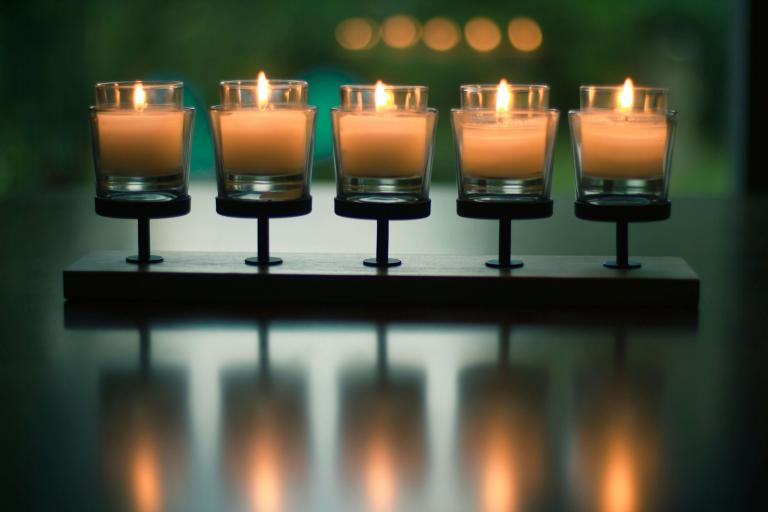
We often hear tales of the wise old man, dispensing knowledge to those who seek it. What we don’t hear often enough of is the wisdom of our female elders. By chance, I recently came across two books written by women in their mid- to late-70s. Each offers valuable lessons and guidance, especially for those of us in our third or fourth quarter of life.
In The Privilege of Aging: Savoring the Fullness of Life, Kamla K. Kapur who is seventy-five years of age, offers beautiful ruminations on her life, as she considers how aging has altered her body and her thinking. A native of India, Kapur splits her time between homes in Southern California and a remote village in the Himalayas.
While Kapur says that her body has begun failing, her mind is still lucid, her prose laser sharp. As she ages, she has begun asking herself a series of what she calls “essential questions” that we might also ask of ourselves:
- Who am I when I am no longer the person I was?
- What shall I do with the remaining time?
- How should I live, from day to day, moment to moment?
- What is my purpose now that the world and life is falling away from me?
Similarly, in Aging Faithfully: The Holy Invitation of Growing Older, author and spiritual director Alice Fryling shares her thoughts on the aging process. She was seventy-seven when the book was written. Fryling writes that “most of us associate age with loss. The loss of hearing, eyesight, and muscle tone. The loss of a fulfilling job, the daily run, and personal independence.” But while she recognizes these losses, she also sees the positives in this new phase of life.
Since Kamar and Fryling’s books cover much of the same territory, I’ve taken the liberty to construct a dialogue between them. I have grouped their thoughts into five points of wisdom. The words that appear below come from their respective books and are lightly edited with some passages being put into the first person. (Kamla Kapur is identified as KK and Alice Fryling as AF).
5 Points of Wisdom from Two Female Elders
Point #1: It’s okay to slow down
KK: One of the greatest gifts of aging is the ability to slow down the pace. I move through life not hurrying, going slowly, doing nothing. It allows us to experience and taste life fully with awareness, attention, senses, and mind awake. For this we need time, and we have it.
AF: Things I used to do quickly, I do slowly. It is much harder to multitask. My eyesight is not as sharp. My brain has less space for details. I make more and simpler to-do lists. I no longer drive seventy-five miles an hour on the interstate. I have fewer hours in my days because I need more hours in my nights.
KK: Going slowly through life changes our experiences of life. We have more time for all those splendid things that improve the quality of life: cooking, eating right, observing, lingering with beauty wherever it exists, reflecting, taking joy in simple things, as well as the awesome universe that includes us.
AF: My body is telling me to slow down—at least for a few minutes. I now stop long enough to engage with what my body is trying to tell me.
KK: If an appointment is fragmenting my day, I cancel it. If my brain rebels at the thought of opening the computer, I indulge it. Aging has made my life a lot easier because after a long, hard struggle and years of effort to meet goals and schedules, I have allowed myself to let it be easier.
Point #2: Learn to embrace the art of doing nothing
KK: Since you can’t do away with doing ‘til we are dead, you have to learn to do nothing. Make it a conscious practice. Doing nothing is an active choice, an art to be courted and cultivated. I am learning to do much more of nothing than I have ever done before.
AF: I have accepted the opportunity to spend time alone, in quiet, without an agenda. I let go of some responsibilities. Finding the ability to say “no” when my calendar gets too busy.
KK: Between activities, I now know are way stations, inns, places to rest. I lie in bed, eyes closed, and simply, consciously, breathe. I combine the breathing with the name of my Beloved, the being who lives in me and in whom I live.
Point #3: The inner journey is as important as the outer one
KK: I don’t have to go anywhere on this journey but stay in the comfort of my own home, inside my skin and my mind. I commit to inner explorations in the unknown territory that is me. Without this inner voyage, outer world adventures fail to satisfy. I do not fear I am withdrawing from the world, missing out on life, for all life is here within my skin.
AF: I regularly think back on the events of the day, using the spiritual practice known as Daily Examen. I try to notice when I felt closest to God and when I felt further away. I ask myself: “When did I give and receive the most love today?” and “When did I give and receive the least love today.”
KK: My quest is to find the always elusive still point, the eye of the storm, the peace that bypasses the brain and all thoughts, conflict, and striving. It is where the heart, content and hopeful, is at rest. I want to fashion who I want to become, live as I want to live, with ease, in my dusking years.
Point #4. A regular meditation or prayer practice helps
KK: Until recently I practiced meditation off and on, more off than on, but now I practice it regularly. I must not waste my mornings doom scrolling on my phone. Meditation is the surest portal to the bliss of nothing.
AF: We are meditating as we sit and breathe deeply. We are meditating as we listen to music. We are meditating as we engage with Scripture and prayer.
KK: The trick is to remember that life demands rest, even if it is just backing off and taking a few breaths. You are never doing nothing if you make breathing deliberate and conscious. Breathing with awareness is an active process.
AF: I’ve begun praying more. Prayer is waiting quietly in God’s presence, sitting in silence as God already knows what we need. In that stillness, I know that God is with me. And sometimes I just sit in the peacefulness of those moments.
Point #5: There’s freedom in letting go
KK: I’ve achieved freedom from the vanities of my youth. Comfort takes precedence over appearance. How I feel is more important than how I look in mirrors. I am freed from thinking of my body as something on display.
AF: I’ve also found the freedom to “let go.” I’m no longer compulsively attached to old perspectives, hopes, and expectations. I am experiencing an inner freedom, with a single rule: love.


